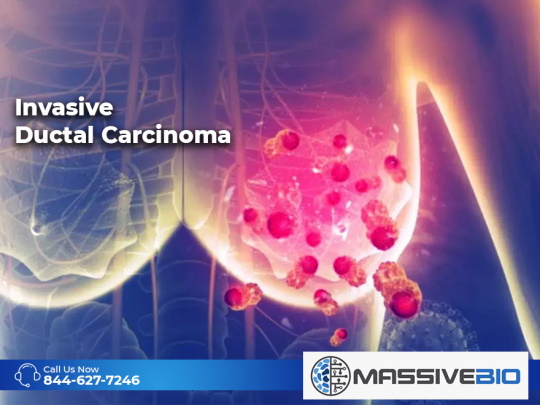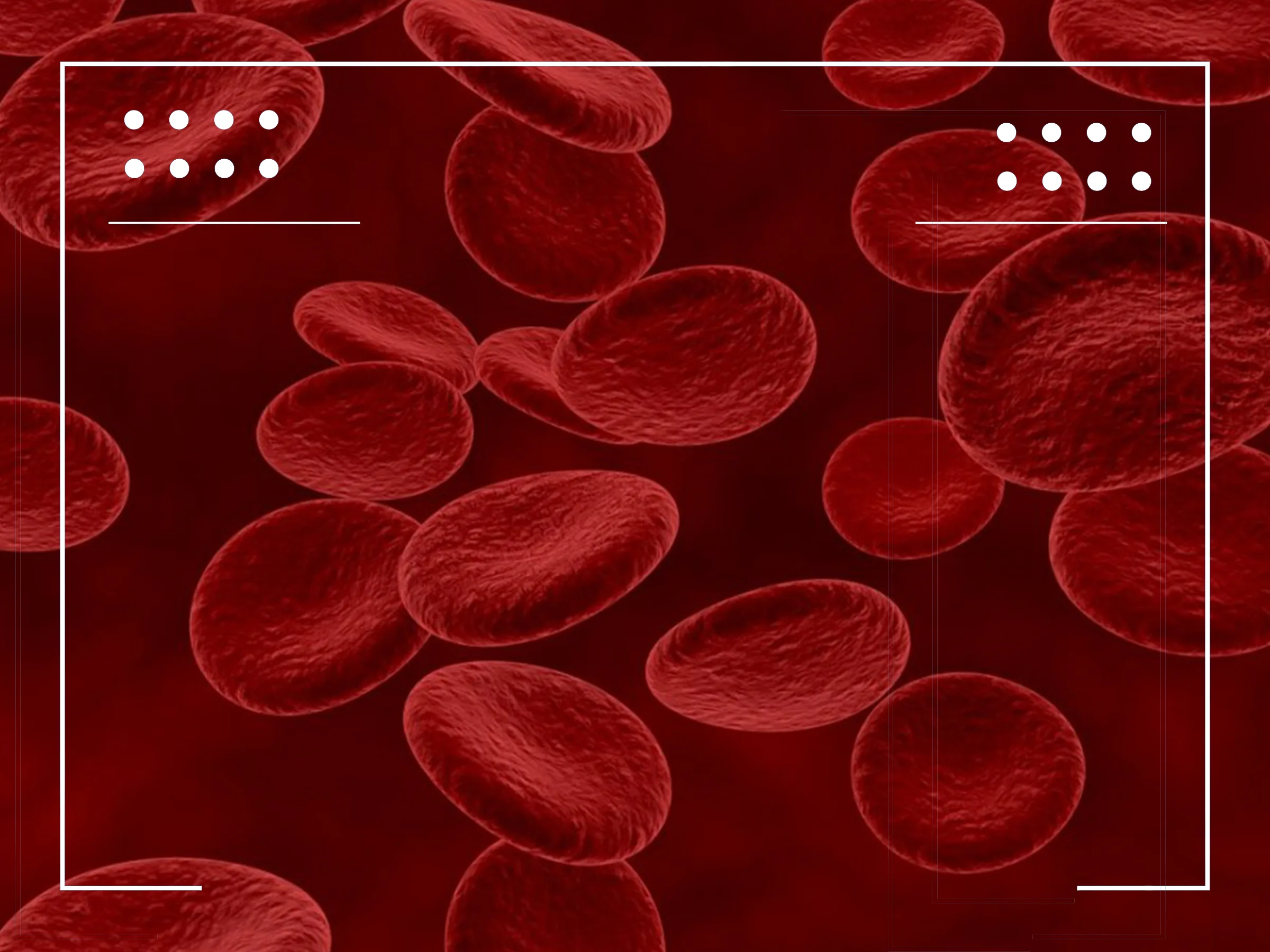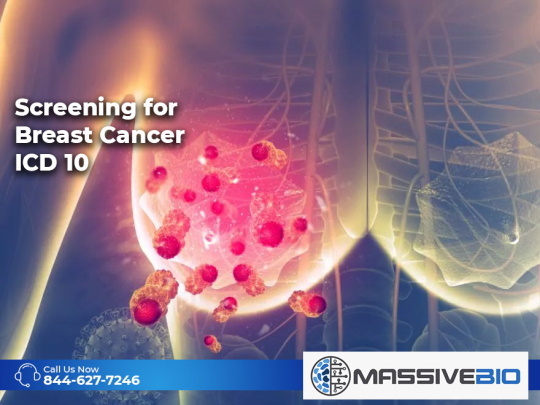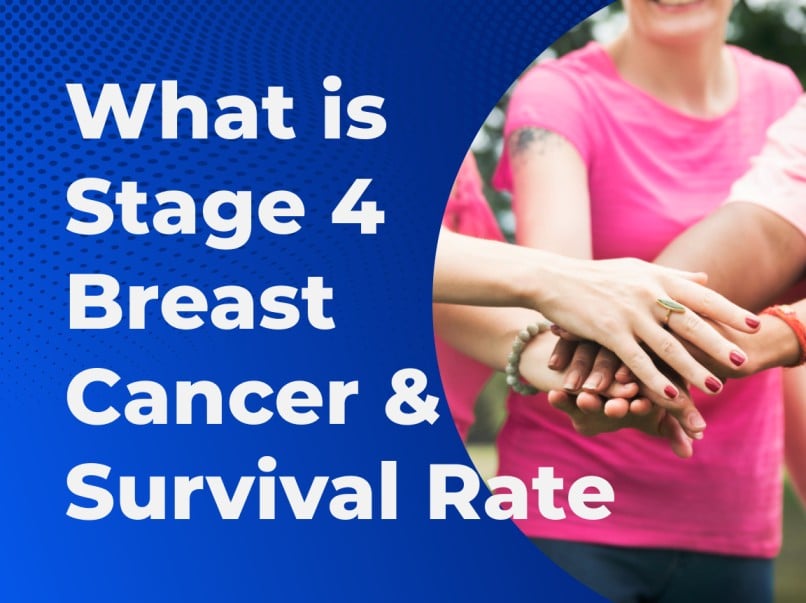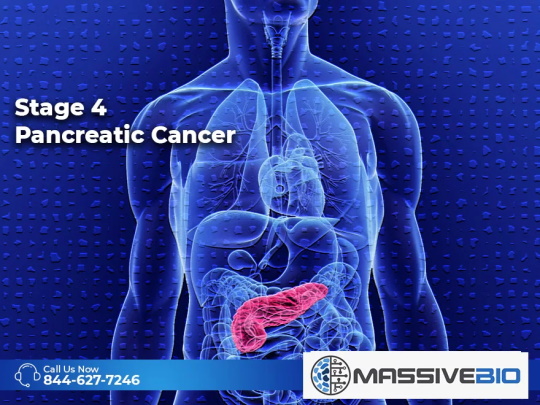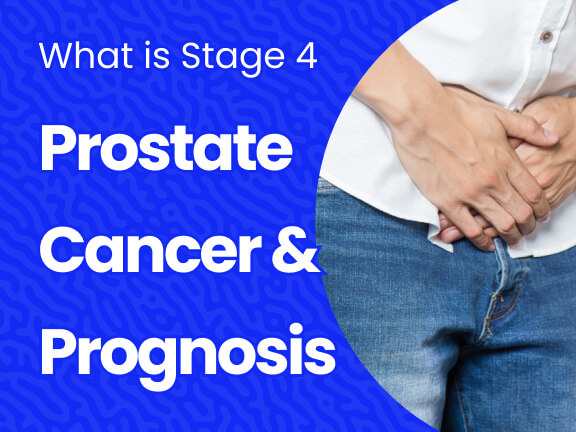Colorectal Cancer FAQ’s
Being diagnosed with colorectal cancer can come as a shock and be quite upsetting. Asking questions about your cancer can help you understand more about your disease and what you can expect. In this article, we will answer some of the most frequently asked questions about colorectal cancer.
What Is Colorectal Cancer?
Colorectal cancer occurs in the colon and rectum. This disease starts with small growths called polyps in the lining of the colon and rectum that can turn into cancer. Colorectal cancer may also be called colon cancer or rectal cancer, depending on where the disease starts.
What Causes Colorectal Cancer?
No one is sure what causes colorectal cancer, but researchers have learned a great deal about the common features of people who develop the disease, known as risk factors. For example, certain gene mutations (both inherited from parents and acquired after birth) have been linked to colorectal cancer. Obesity appears to be a risk factor, too. Smoking tobacco, lack of physical activity, and unhealthy diets may also increase the risk of colorectal cancer.
How Common Is Colorectal Cancer?
In the United States, colorectal cancer is the third most common cancer type and the second-leading cause of cancer death. The American Cancer Society estimates that there are over 106,000 new cases of colon cancer and nearly 45,000 new cases of rectal cancer in the United States each year. More than 52,000 people die of the disease annually.
Who Is at Risk for Colorectal Cancer?

About one in four Americans have risk factors for colorectal cancer. You may be at increased risk for this disease if:
- You’re over age 50
- You have a family history of colorectal cancer, especially among members of your immediate family
- You have a history of pre-cancerous polyps
- You’re overweight or obese
- You eat an unhealthy diet, especially large amounts of red meat or fried foods
- You smoke tobacco or abuse alcohol
- You have inflammatory bowel disease (Crohn’s disease or ulcerative colitis)
- You are African American or of Ashkenazi Jewish heritage
- You have certain other diseases, such as type 2 diabetes
How Can You Prevent Colorectal Cancer?
There are several steps you can take to lower your risk for developing colorectal cancer. First, ask your primary care physician how frequently you should be screened for the disease. Removing pre-cancerous polyps detected through routine screening can prevent colorectal cancer from developing. How often your doctor recommends screening will depend on your risk for colorectal cancer, the type of screening test, and other factors.
Other tips for preventing colorectal cancer include:
- Eat a balanced diet that includes plenty of fiber, fruits, and vegetables
- Reduce your intake of animal fats, such as from meat and dairy foods
- Replace refined grains with whole grains
- Exercise regularly
- Don’t smoke and avoid second-hand cigarette smoke
- Limit consumption of alcohol
Most people should start getting screened for colorectal cancer at age 45, according to the American Cancer Society, though your doctor might recommend starting earlier, depending on your risk factors.
What Are the Screening Options for Detecting Colorectal Cancer?
Colonoscopies are the gold standard for detecting pre-cancerous polyps that lead to colorectal cancer. One study found that having polyps detected by colonoscopy removed reduced the risk for dying of colorectal cancer by more than half. To prepare for a colonoscopy, a patient must use laxatives, follow a special diet, and avoid certain medication beforehand. gastroenterologist uses a flexible tube with a scope to inspect the colon and rectum. If polyps are found, they can be removed painlessly during the exam.
Other screening tests for colorectal cancer include:
- CT colonography
- Stool-based testing
- Flexible sigmoidoscopy
What Are the Signs and Symptoms of Colorectal Cancer?
Colorectal cancer usually does not cause symptoms in the early stages. When symptoms begin, they may include the following:
- Changes in bowel habits, such as diarrhea, constipation, or thin stools, which persist
- A feeling that the bowels are not emptying properly
- Abdominal pain and bloating, or a persistent feeling of fullness
- Blood in the stool
- Unintended weight loss
- Fatigue, dizziness, and shortness of breath
Tell your doctor if you develop these symptoms and they don’t go away. Some patients will experience no symptoms from colorectal cancer until it has reached an advanced stage. That’s why routine screening is so important.
What Are Colorectal Cancer Clinical Trials?

Clinical trials are research studies that evaluate new therapies and drugs for treating cancer and other diseases. If clinical trials demonstrate that an experimental treatment is safe and effective, it can be approved for use by the U.S. Food and Drug Administration and regulators in other countries. All drugs and therapies used in medicine had to pass through the clinical trial process before being approved and used to treat illness and disease.
Massive Bio specializes in finding clinical trial treatments for every colorectal cancer stage and type. If you’ve been diagnosed with any form of colorectal cancer, we’re here to help. If you don’t know which type of colorectal cancer you have, that’s okay. Additional testing can help determine your exact diagnosis.
Can Women Get Colorectal Cancer?
Colorectal cancer is the third most common cancer in women. An estimated 70,000 new cases of colorectal cancer are diagnosed in women each year in the United States. At age 50, a woman’s risk for colorectal cancer is nearly the same as a man’s risk.
Is Colorectal Cancer Hereditary?
Having an increased risk for a disease can be hereditary, that is, passed down from generation to generation due to gene mutations that a child inherits from his or her parents. (Gene mutations can also be somatic, that is, acquired after birth from lifestyle and other external factors.) While the risk for colon cancer rises with age, a hereditary syndrome is likely the cause when the disease is diagnosed in a person under 50. Only five percent of colorectal cancer cases are linked to inherited gene mutations. However, one in three colorectal cancer patients have someone in their family who also had the disease. Researchers continue to evaluate gene mutations associated with colorectal cancer and how to detect them in clinical trials.
Sources: American Cancer Society, American Society of Colon & Rectal Surgeons, National Cancer Institute




